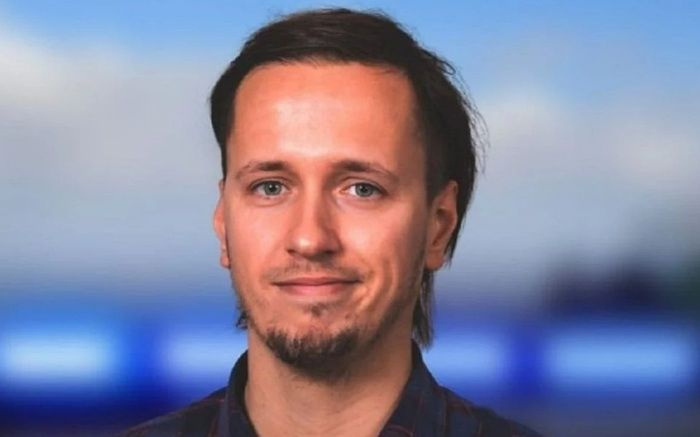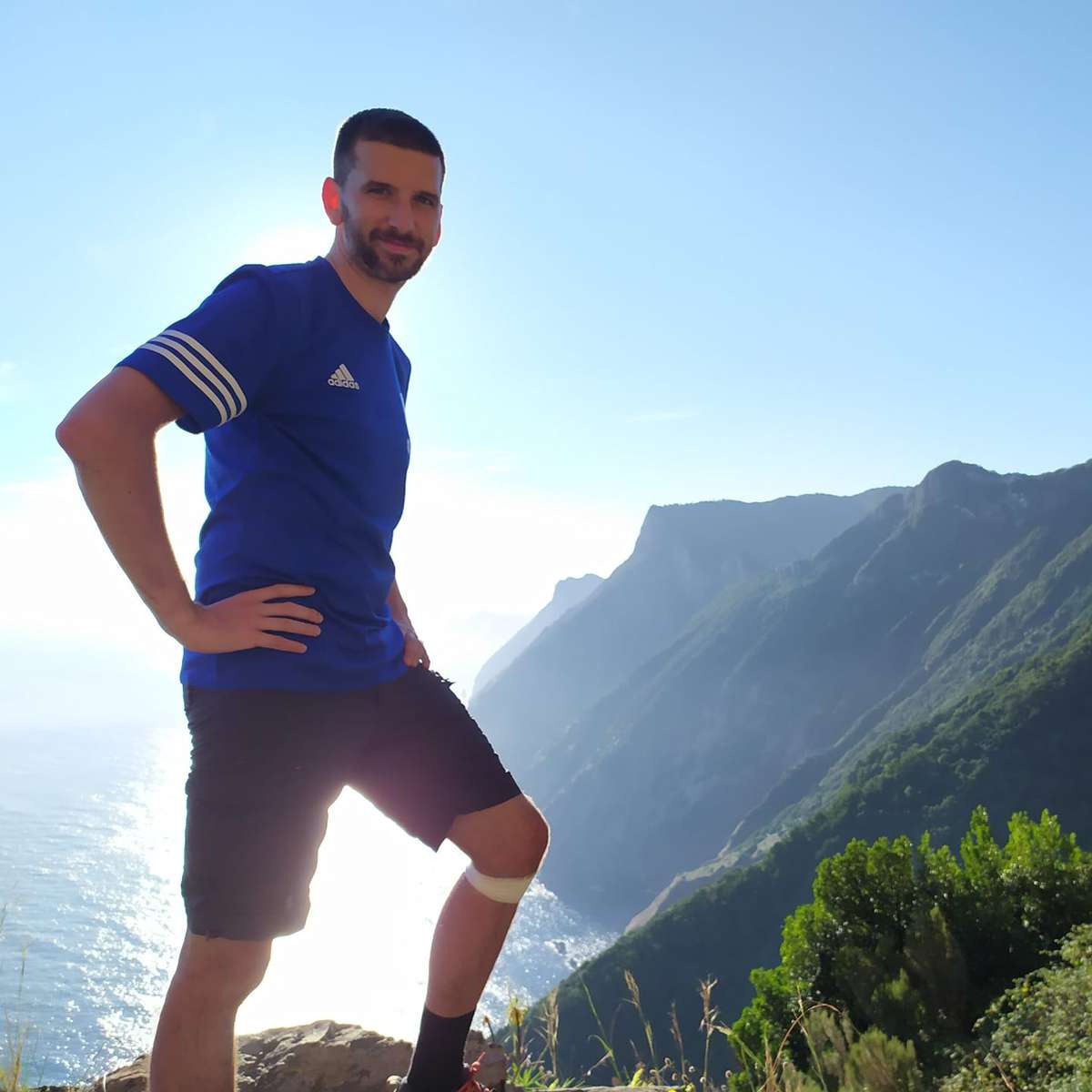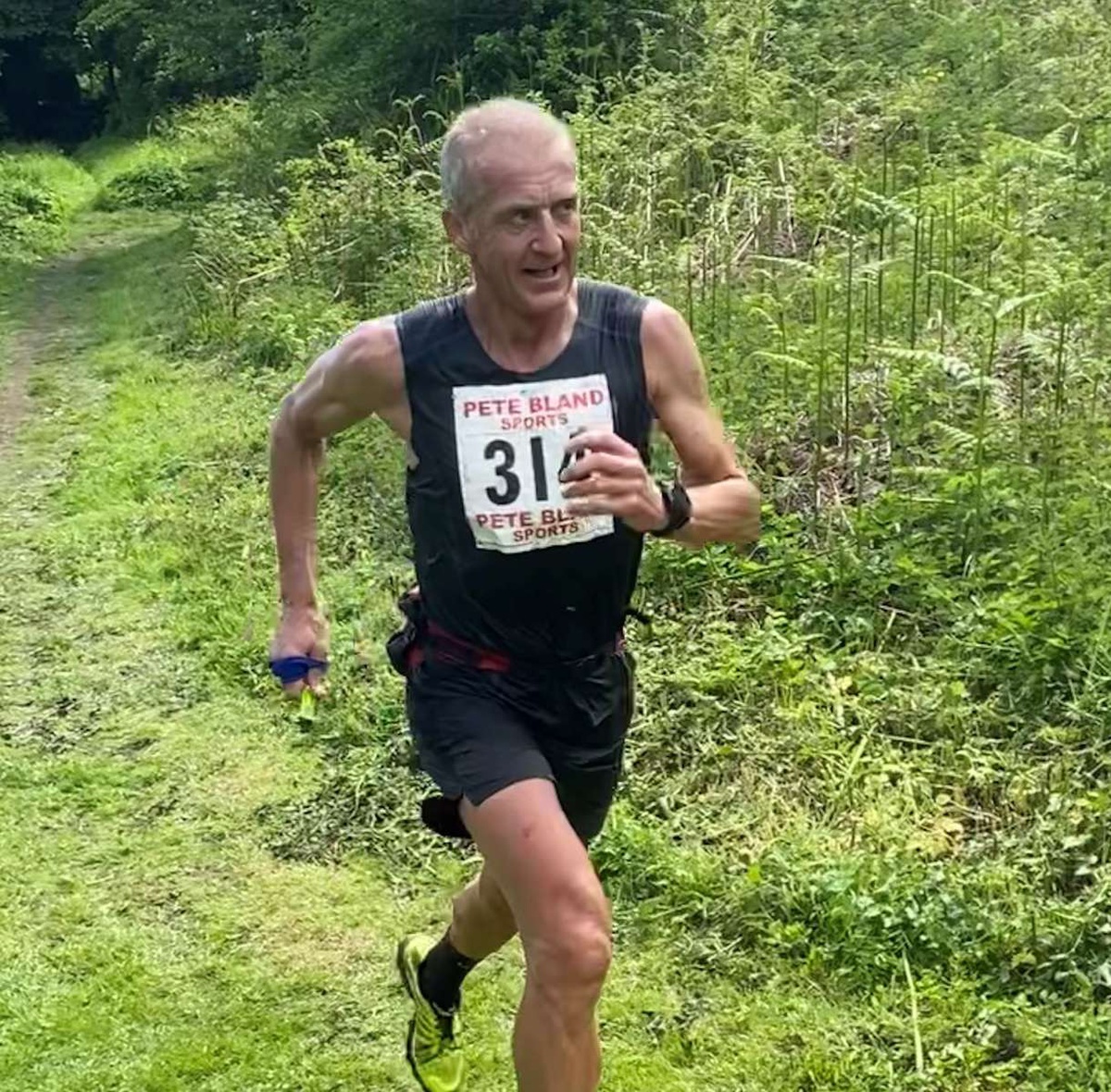An Argentinian couple got lost in the mountains of São Vicente on Thursday and called for help. They were eventually rescued safely by a specialized team from the PSP (Portuguese Public Security Police) and the Forestry Police. On the same day, a citizen posted a comment on the Reddit platform associating the increase in missing persons in the mountains with the “mass arrival of digital nomads” to Madeira. Could one phenomenon be linked to the other?
A digital nomad is a person who works remotely, usually using only a computer and internet, and who travels or changes location frequently, instead of living in a fixed place. An example might be a graphic designer who lives for 3 months in Lisbon, then in Madeira, and then in Bali (Indonesia). A tourist, on the other hand, is someone who travels outside their usual environment for a generally short period during which they are not working, with the aim of resting or enjoying leisure time. Therefore, the concepts of ‘digital nomad’ and ‘tourist’ are not the same.
For over 200 years, Madeira has welcomed tourists. The arrival of digital nomads, however, is much more recent. The first time DIÁRIO interviewed a digital nomad living in the region was in March 2015. It was Kash Bhattacharya, a British travel blogger who had been living in Funchal for a few months after falling in love with a woman from Madeira. But the next news story about this remote work model was only published in February 2021, when Ponta do Sol established itself as a ‘digital nomad village’ to attract these types of professionals.
Since then, in these almost five years, digital nomads have been in the news several times, but DIÁRIO has not found any cases of disappearances on the hiking trails of Madeira. There were, in fact, foreign people who disappeared in our mountains during this period, but, according to what was reported, they were tourists and not people who were in the Region for work.
In a non-exhaustive survey, we found seven situations involving eight people:
December 29, 2020

German tourist Jascha Paul Hardenberg, 28, who was on holiday in Madeira, disappeared during a solo hike along the Levada das 25 Fontes, in Rabaçal. The last known communication was a geolocation message sent to a friend at 2 pm, indicating his location.
July 7, 2021

Polish citizen Michal Kozek, who, according to the PJ (Portuguese Judicial Police), was a “tourist on holiday in Madeira,” disappeared during a solo running training session between the municipalities of Porto Moniz and Calheta. He was dropped off by a taxi around 7:15 pm on July 7th in the town of Porto Moniz and has not been seen since.
September 1, 2021

French tourist Benoit Way disappeared while hiking in the Queimadas area, heading towards Caldeirão Verde. He came to Madeira with the goal of doing 12 hikes in 12 days. On January 29, 2023, skeletal remains were found in Ribeira de São Jorge, which authorities admitted could be related to his disappearance.
December 11, 2022

British tourist Darren Kay, 52, who was on holiday in Madeira with his wife, disappeared while jogging in Fajã do Mar, Arco da Calheta.
December 17, 2022

German tourist Wolfgang Mehrle arrived alone in Madeira on December 4, 2022, and stayed at the RIU Hotel in Caniço. He was last seen on the 17th in the Encumeada area, with a head wound allegedly caused by a fall during a hike. He was supposed to return to Hanover on December 20, but he did not show up for the flight.
March 16, 2024

The French tourist couple Véronique and Laurent Blond, aged 56 and 58, were reported missing in São Vicente. Their bodies were found on April 5th, on the Abelheira path, Fajã da Areia. The PSP (Portuguese Public Security Police) indicated at the time that an accidental fall was the likely cause of death.
November 2, 2025

Polish tourist Igor Holewiński, 31, disappeared while hiking towards Pico Ruivo. His body was found on the 9th by a private search team in a difficult-to-access area in Ribeira Grande, Faias, Santana.
We therefore conclude that the association between “digital nomads and missing persons on the levadas” is forced and wrong, as it is not supported by the facts known in the last five years.








